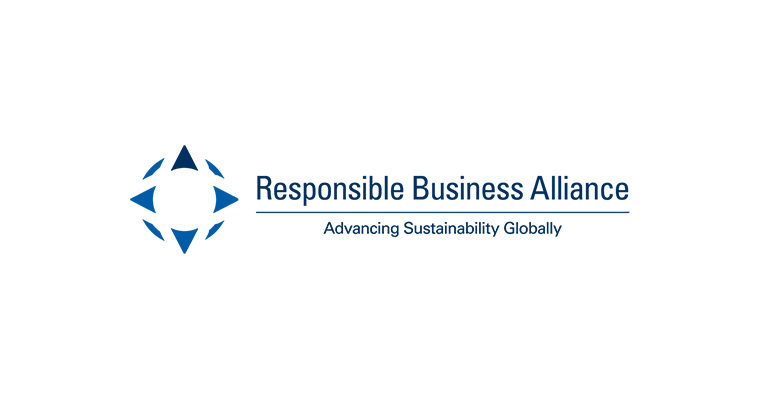We believe that everyone is entitled to basic rights and freedoms, whoever they are and wherever they live. That’s why we’re against all forms of modern slavery, everywhere.
Human trafficking, slavery, child labour, servitude and forced or compulsory labour - these practices have no place in our operations. And that goes for those companies and people who work with us and on our behalf too, wherever they are in the world.
No one should be made to work against their will. No one should be deprived of their identity papers, nor have to pay to work with us. Yet an estimated 40 million people around the world are exploited and forced into work. They often suffer physical, psychological or sexual abuse in the process.
We only work with people who choose to work freely. We respect the right to equal opportunity, freedom of association and collective bargaining. This is set out in our Modern Slavery Statements, Being trusted: our code and human rights policy. We also live it every day through our supplier standard on working conditions, Sourcing with Human Dignity.












